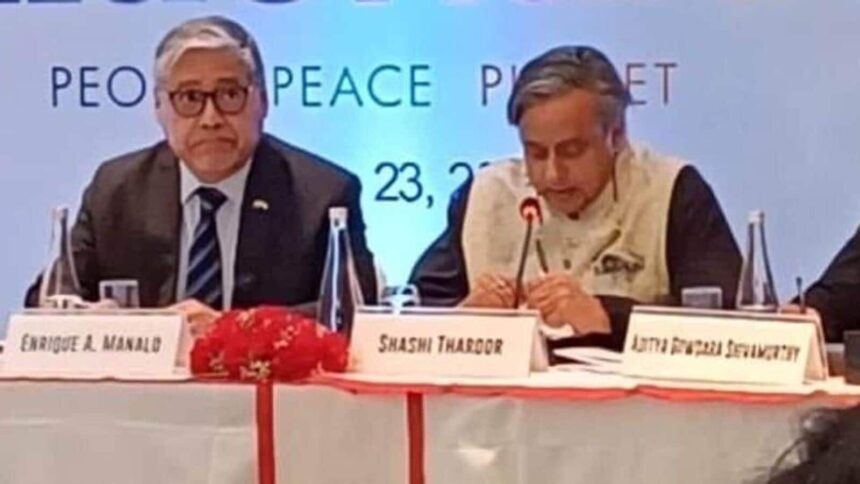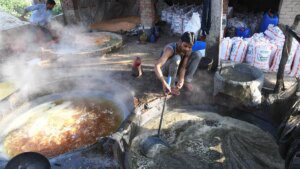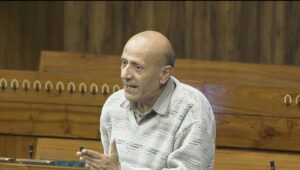On Tuesday, Congress leader Shashi Tharoor acknowledged that he felt he had “egg on his face” for opposing India’s position when the Russia-Ukraine conflict erupted. He stated that due to the policy implemented, the nation is now in a position to contribute to achieving lasting peace.
Tharoor had voiced his objections to India’s approach at the time, calling for a condemnation of the aggressive actions.
During an interactive discussion at the Raisina Dialogue in New Delhi, the former minister of state for external affairs remarked, “I am still trying to wipe the egg off my face because I was among the few in the parliamentary debate who criticized the Indian stance back in February 2022.”
The Thiruvananthapuram MP explained that his criticism stemmed from “well-established principles that there was a breach of the UN charter, a violation of the sacredness of borders, and the sovereignty of Ukraine as a member state. We have always advocated against the use of force to resolve international disputes.”
“All those principles were violated by one side, and we should have denounced it. Now, three years later, it appears that I’m the one with the egg on my face, as the policy has allowed India to have a prime minister who can embrace both the president of Ukraine and the president of Russia just two weeks apart, being welcomed in both places,” he commented during the session titled ‘Waging Peace: Looking Back to Look Ahead.’
Tharoor added that India has a unique opportunity to contribute to lasting peace in ways that few other nations can.
He mentioned that India’s geographical distance from Europe also plays a role in this context.
Tharoor clarified that, as a member of the opposition, he cannot speak on behalf of the government. However, he suggested that if the need arises and there is a mutual agreement for peace between Russia and Ukraine, India might be open to the idea of sending peacekeepers.
He noted that Russia has made it clear that they would reject European peacekeepers, which would necessitate looking beyond Europe for such personnel.
“From the perspective of an Indian parliamentarian, I believe there would not be significant opposition to that idea. There was notable resistance when, in 2003, a request was made for India to send troops to Iraq, leading Parliament to pass a resolution stating that Indian peacekeepers would not go to Iraq following the American invasion,” the Congress MP elaborated.
“I don’t anticipate that occurring now. If it becomes necessary and there is a consensus on peace, there may be some willingness to consider it. However, I cannot represent the government’s views since I am in opposition,” he added.
Tharoor emphasized that with experience in over 49 peacekeeping missions, India’s commitment to global stability is well recognized.










